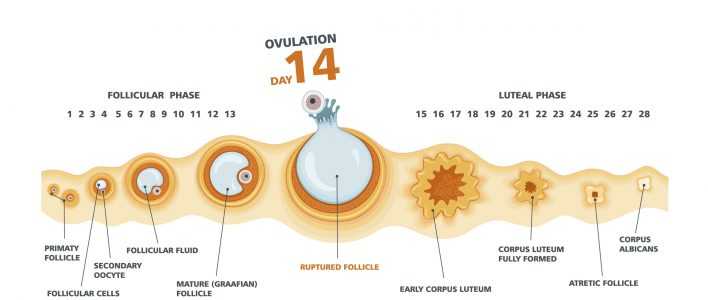
Egg donation: The 6 most common questions
Egg donation is still banned in Germany. Many German couples are therefore inevitably to Kinderwunschtouristen: You can treat in neighboring countries. One of the most spectacular cases is certainly that of 65-year-old Annegret R., who became mother of quads in 2015 thanks to egg donation in Ukraine. It is estimated that 2,000 more women per year are going abroad to meet their desire to have a child with egg donation.
That means you are not alone. If you are looking for information on egg donation today, many more couples will do it in parallel. Therefore, I want to free the egg donation from its shadowy existence and educate about who needs a donation of eggs at all, where they can be performed and what else you have to pay attention.
What is an egg donation??
In egg donation, the egg cell of a donor is fertilized with the sperm of the partner (or possibly foreign sperm). Fertilization is done either with an IVF or an ICSI. The fertilized egg is then inserted into the woman’s uterus.
In practice, the donor and the recipient are treated simultaneously by a fertility clinic. In the process, the cycle of both women is adjusted to each other by medication, so that the egg can first be taken from the donor, then fertilized, and then the recipient is reinstated.
Who needs an egg donation??
Egg donation is needed whenever no own or healthy ova are maturing in the female. This can be the case, for example, after a cancer or even when the woman is older and no longer produces as many good oocytes.
In which countries is an egg donation allowed??
The German embryo protection law prohibits egg donation. Such donations are, however, permitted in the Czech Republic, Poland, the Ukraine, Slovakia, Belgium, Spain, Great Britain, France, Sweden, the Netherlands and, since 2015, also in Austria.
Egg donations are anonymous?
A big issue with egg donation is that of shared motherhood. If you decide to make an egg donation, you will probably also be concerned that your child will have two mothers: one genetic and one biological.
Basically, depending on the country and laws, both variants are possible: an anonymous donation or even a non-anonymous donation. In an anonymous egg donation, it is common to select a donor based on various parameters (hair color, eye color, size, etc.). Many women choose a woman who is similar to herself.
If you decide to make an anonymous donation, keep in mind that your child will probably never be able to find out who his genetic mother is.
Legal background of egg donation
Even if your child originated from a donated egg cell, legally you are the mother of the child, because in Germany the woman is the mother who gave birth to the child.
How much is a donor egg??
As a rule, the entire treatment cycle takes place abroad. Each cycle costs between € 3,000 and € 8,000. These vary greatly depending on the treatment method, country and clinic.
Whether the donor is also paid, depends also on the respective country and its guidelines.
How you should proceed when planning a donation
These questions you should ask yourself:
- Should the donation be anonymous or do you want or should your child get to know the donor??
- Which other criteria are important to you (origin of the donor and cultural background, is the donor paid, etc.)??
- In which country is a donation possible according to your wishes?
- Which clinic has a good reputation? How big is the experience? How good are the treatment successes?
- What is the cost of the donation in this clinic??
On the Internet you will find many more information about egg donation. Testimonials from couples who became pregnant with the help of the donation abroad can help you find the right fertility clinic for you.
In the forum of klein-putz.de you can in the run-up to a treatment to all questions about the donation of egg cells advice and exchange with other stakeholders.
Egg donation also in Germany?
Currently, the donation of oocytes in Germany is still prohibited. In March 2017, the Ethics Council lamented the increasing desire for child fertility abroad and the associated increasing risk of exploitation of the donors.
After several European countries have allowed the donation of eggs in recent years, it is likely that Germany will change its laws in the future. It would be desirable.
Related Posts
-

Egg donation – the last chance for a fulfilled wish for a child
egg donation Oocyte donation is often the last solution for couples with an unfulfilled desire to become pregnant. However, in […] Oocyte donation is…
-

Getting pregnant with ovulation: they need to know that
Getting pregnant with ovulation: you need to know The fertile days should not be confused with ovulation. The best time for sexual intercourse is a few…
-

Bronchicum® faq – everything you need to know
leaflet Here you will find all the product information for our products as a download. Contact Any questions? We look forward to your wishes or…
-

Boxer puppies – really everything you need to know about them
Boxer puppy If you see boxer puppies, you will immediately fall in love with these cute, slightly clumsy dog puppies. Profile: Boxer Country of origin:…
